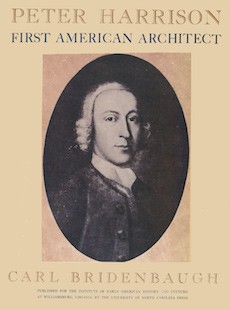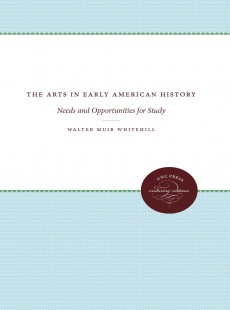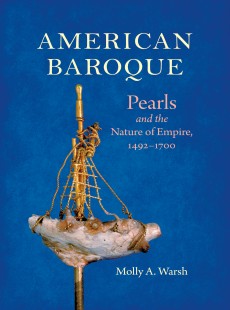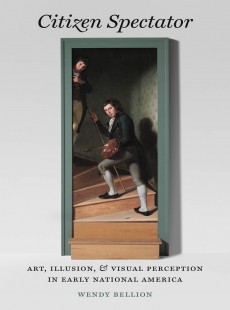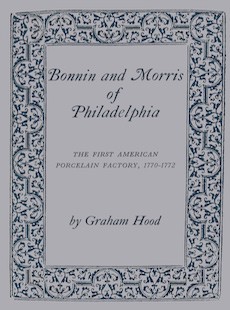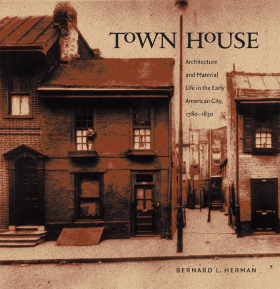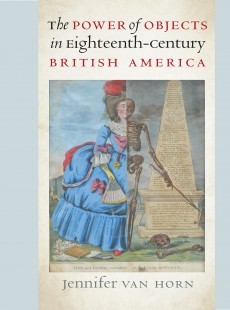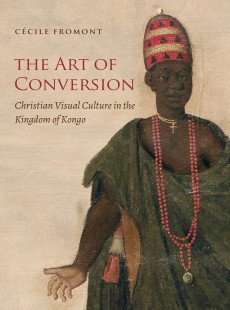
The Art of Conversion
Christian Visual Culture in the Kingdom of Kongo
Cécile Fromont
 Publisher: Omohundro Institute
Publisher: Omohundro Institute
Imprint: OIEAHC
Published: 09/2014
Reprint: 2017
Pages: 328
Subject: Art, Religion, History
Paperback ISBN: 9781469641249
eBook ISBN: 9781469618722
DESCRIPTION
Between the sixteenth and the nineteenth centuries, the west central African kingdom of Kongo practiced Christianity and actively participated in the Atlantic world as an independent, cosmopolitan realm. Drawing on an expansive and largely unpublished set of objects, images, and documents, Cécile Fromont examines the advent of Kongo Christian visual culture and traces its development across four centuries marked by war, the Atlantic slave trade, and, finally, the rise of nineteenth-century European colonialism. By offering an extensive analysis of the religious, political, and artistic innovations through which the Kongo embraced Christianity, Fromont approaches the country's conversion as a dynamic process that unfolded across centuries.
The African kingdom's elite independently and gradually intertwined old and new, local and foreign religious thought, political concepts, and visual forms to mold a novel and constantly evolving Kongo Christian worldview. Fromont sheds light on the cross-cultural exchanges between Africa, Europe, and Latin America that shaped the early modern world, and she outlines the religious, artistic, and social background of the countless men and women displaced by the slave trade from central Africa to all corners of the Atlantic world.
ABOUT THE AUTHOR
Cécile Fromont is associate professor of art history at the University of Chicago.
AWARDS
Albert J. Raboteau Book Prize, Journal of Africana Religions (2015)
Best First Book in the History of Religions, American Academy of Religion (2015)
Finalist, Melville J. Herskovits Award, African Studies Association (2015)
REVIEWS
"Few people realize that Kongo was a Christian kingdom. Cécile Fromont, using texts and especially images, reveals the complex ways that Africa and Europe met in Kongo and how Kongo made Christianity its own. A tour de force—splendidly documented, carefully argued, and lavishly illustrated."
--John Thornton, Boston University
"Swords, crosses, caps, red sashes, pendants, and staffs whirled across the sacred landscape of early Kongo in celebration and service of a new Christianity. This book masterfully depicts the blended visual and material world that elite Kongolese created as they shaped their encounter with Catholic Europe and forged a place for themselves in a global Christendom. Kongo Christianity appears here for the first time as a highly innovative, aesthetic practice that rewove connections between life and death, king and people, kingdom and world."
--Catherine A. Molineux, Vanderbilt University
"Using an impressive array of materials (objects, images, texts, and practices), Fromont deftly navigates the complex currents and trajectories of Kongo Christianity over several centuries ... Her work deepens and enriches our understandings of human spirituality and the making of cultures and faiths in eras of shifting political and economic powers."
--Henry John Drewal, University of Wisconsin-Madison
"An impressive, ground-breaking work."
--ARLIS/NA Reviews
"An indispensable look at one site of African Christianity before the advance of colonialism."
--Christianity Today
"Fromont's study is a model of careful scholarship wedded to a well-crafted argument....This book is very likely to remain the starting point for any study of Kongo Christian art, and an important contribution to the understanding of its Christian history."
--Social Sciences and Missions
"Meticulously researched, beautifully written, and lavishly illustrated, The Art of Conversion is one of the best books ever published about Central African religious history."
--Journal of Interdisciplinary History
"A valuable reference work for anyone interested in religious, Christian, and precolonial African art and material culture. "
--Catholic Historical Review
"A monumental contribution to scholarship on Kongo Christianity as well as cultural change in the Atlantic world more broadly. She challenges historians to think more deeply about the way in which history can defy easy categorization as continuity or change. . . . Her beautiful prose and evocative use of language powerfully re-create the multisensory rituals of Kongo Christianity. Perhaps most important, Fromont reminds us that Africans were always active participants in their history, the legacy of which resonates across the Atlantic world today."
--William and Mary Quarterly
RELATED TITLES


